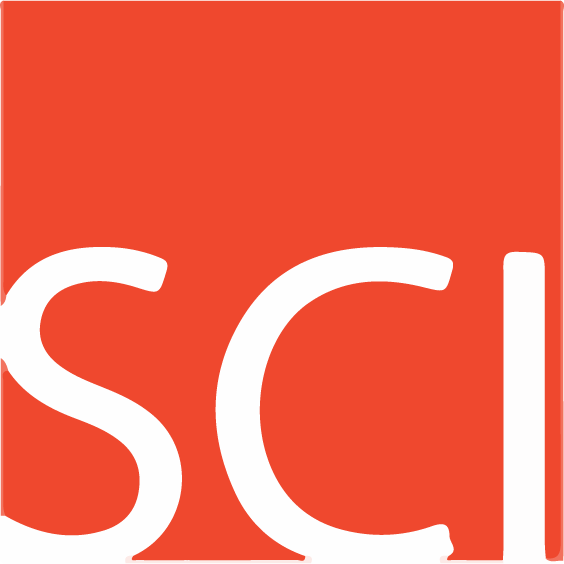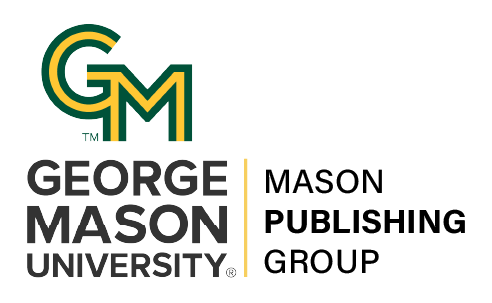Report from the Embargo Workgroup
DOI:
https://doi.org/10.13021/G8S014Abstract
The Embargo Working Group began by defining ââ¬Åembargo,ââ¬Â encapsulating it into four main types and then focusing on the post-publication and subscription embargoes. Among other things, we discussed the dispersed nature of usage metrics and their possible impact on the duration of embargoes. This, in part, led us to recognize the lack of an evidence on which to base decisions surrounding the need for embargoes and their duration. Therefore, we focused on what it would take to address the key issue: ââ¬ËWhat are the impacts of embargoes on scholarly communication?ââ¬â¢ We concluded by considering how to fund a global survey of key stakeholders and what data the survey should collect in order to provide data about the issues surrounding embargoes.
OSI2016 Workshop QuestionIn an information system where so much information is destined for subscription journals, the assumption has been that embargos allow publishers time to recoup their investments, and also allow the press time to prepare news articles about research. Is this assumption warranted? Why or why not? Is the public interest being served by embargos? What about by embargos on federally-funded research? Are there any facts or options that havenââ¬â¢t yet been considered to address the concerns animating the embargo solution?



